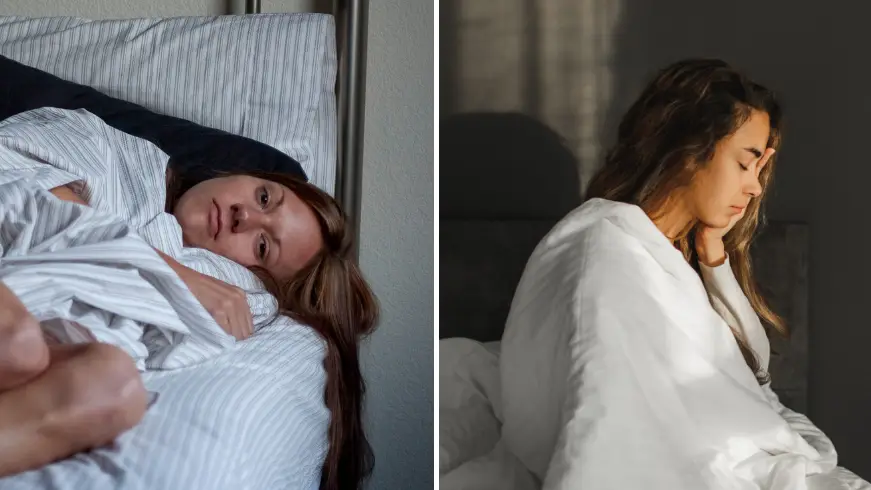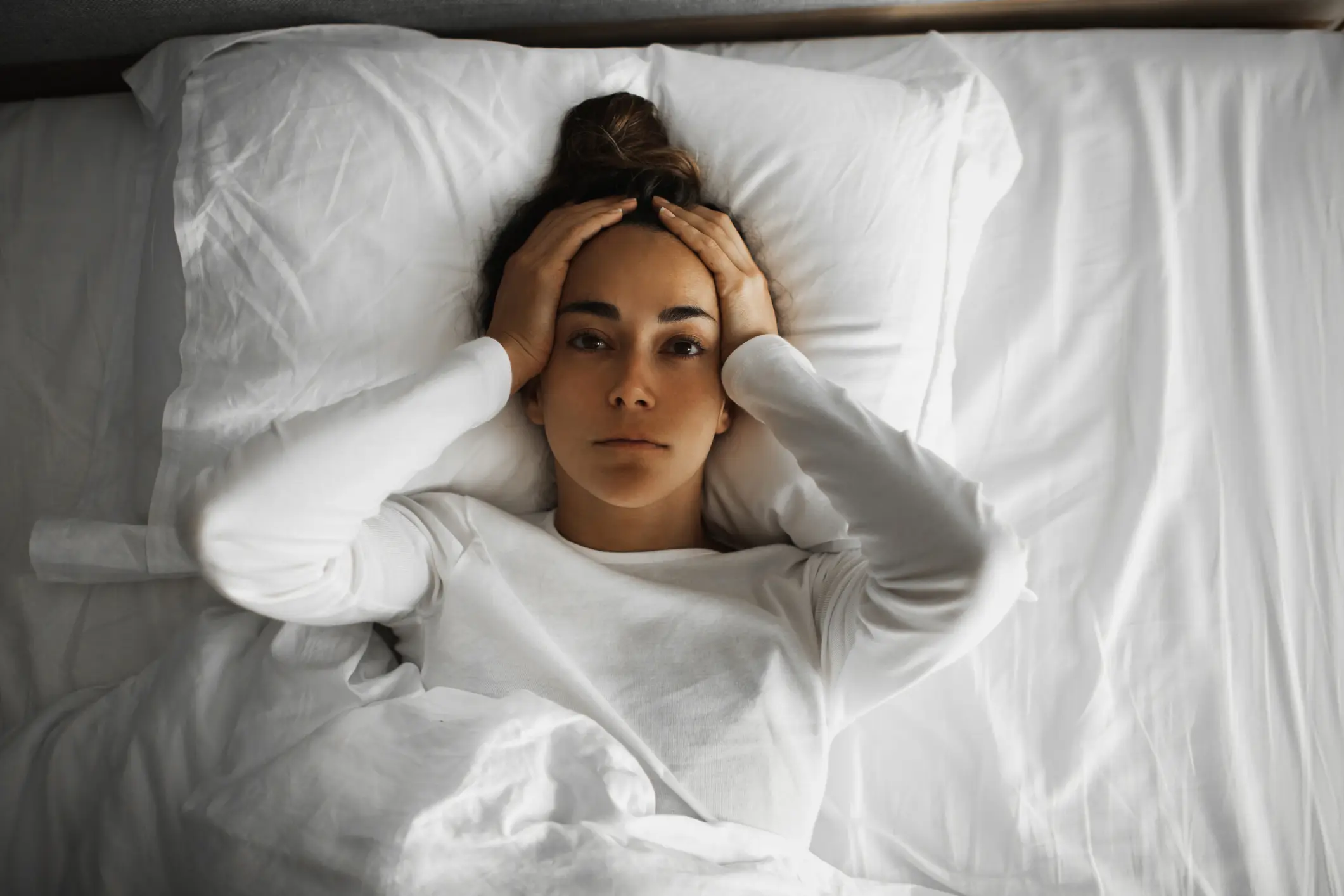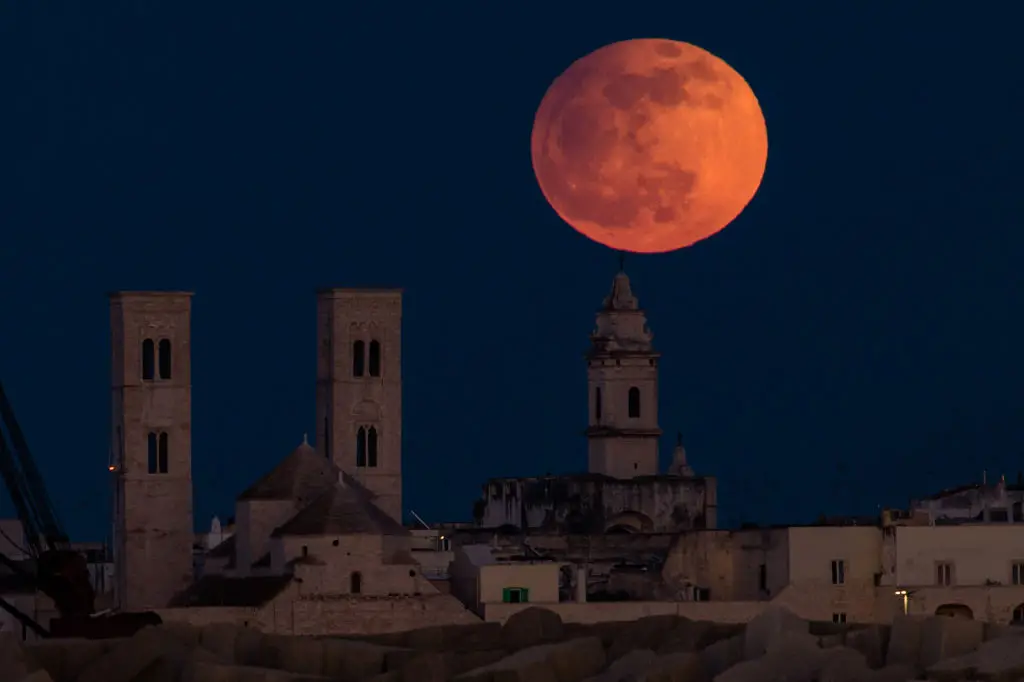
If you spent most of Thursday (23 May) night tossing and turning, counting sheep and staring aimlessly at the bedroom ceiling, you're not alone.
Cue a *lot* of caffeine today, please.
If you struggled to get any shut eye last night, there's a really good reason why.

Advert
Did you know that May's Flower Moon lit up the skies on Thursday evening?
And it's not a coincidence that the lunar event has left us a little bleary-eyed this morning.
What is the Flower Moon?
The full moon of May is described as the Flower Moon due to the season in which it appears.
It's also referred to as the Milk Moon, the Budding Moon and the Planting Moon, thanks to the number of wildflowers blooming in May.
Time and Date explains: "Many types of anemone, wild garlic, indigo, bluebells, lupine, sundrops, and violets, to name just a few.
"It is no wonder that the colourful displays these flowers create in nature have inspired people to call this time after them."
How can it impact our sleep?
While it's a beautiful event, one sleep expert has weighed in on the impact the Flower Moon can have on our body clocks.
Edward Gorst, Sleep Expert for Panda London told Tyla: "The influence of the full moon on sleep can be attributed to a combination of biological and environmental factors.
"One of the key biological factors involves our circadian rhythms, which are our internal body clocks that regulate sleep-wake cycles.
"Research has shown that during a full moon, there is a tendency for these circadian rhythms to be slightly disrupted.
"A notable study conducted by scientists at the University of Basel found that participants experienced lower levels of melatonin, the hormone that promotes sleep, during the full moon.
"This reduction in melatonin production can lead to difficulty falling asleep and a decrease in overall sleep quality."

Of course, another significant factor is the increase in natural light exposure.
If you're yet to invest in a blackout blind, you may have noticed an increase in light flooding through your bedroom curtains.
Edward continued: "Even though modern humans are less likely to be directly exposed to moonlight while sleeping, the enhanced brightness of a full moon can still have a subtle effect.
"Our ancestors, who lived without artificial light, would have been more directly influenced by the moon's phases.
"This historical context suggests that our bodies may still respond to increased lunar brightness by being more alert and less inclined to sleep deeply."
Edward explains that even small amounts of light creeping in can interfere with our sleep by inhibiting melatonin production.
"While not everyone will experience sleep disturbances during a full moon, the convergence of these elements can make it more challenging for some individuals to get a restful night's sleep," he added.
"So, if you found yourself tossing and turning last night, the full moon might just be the reason why."